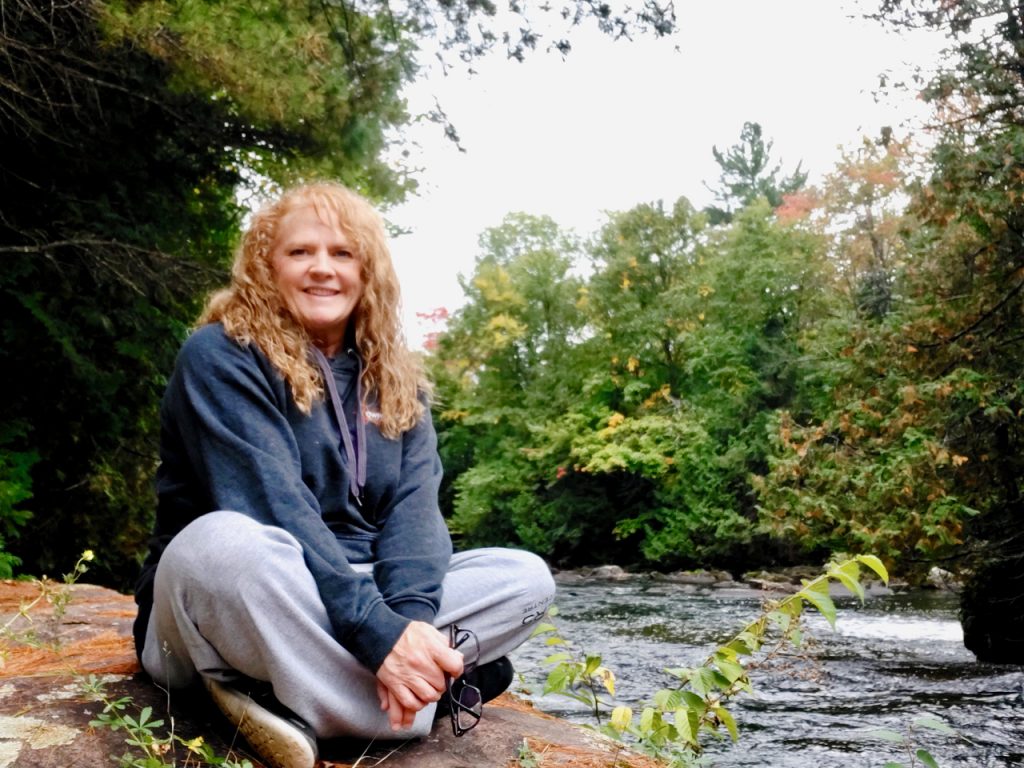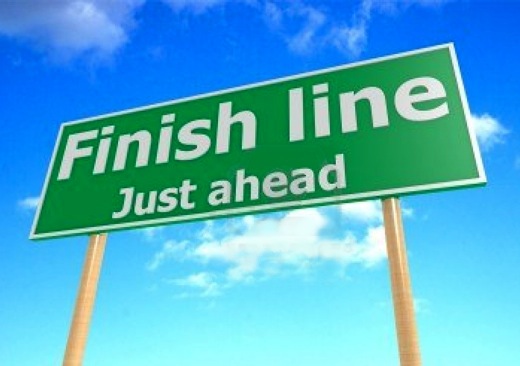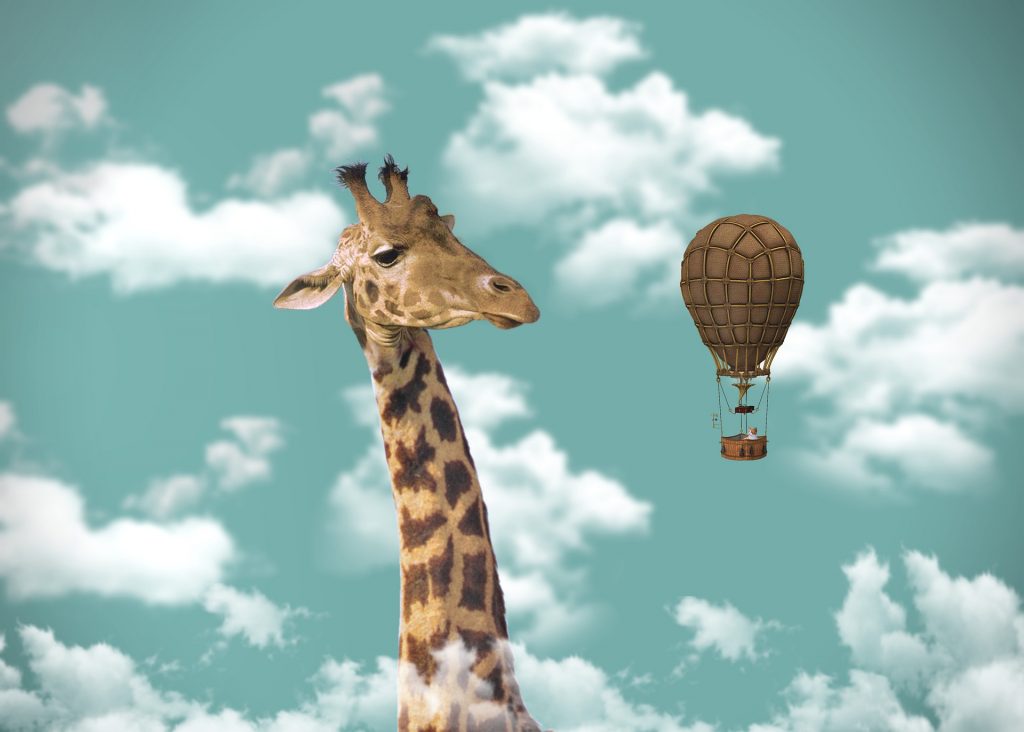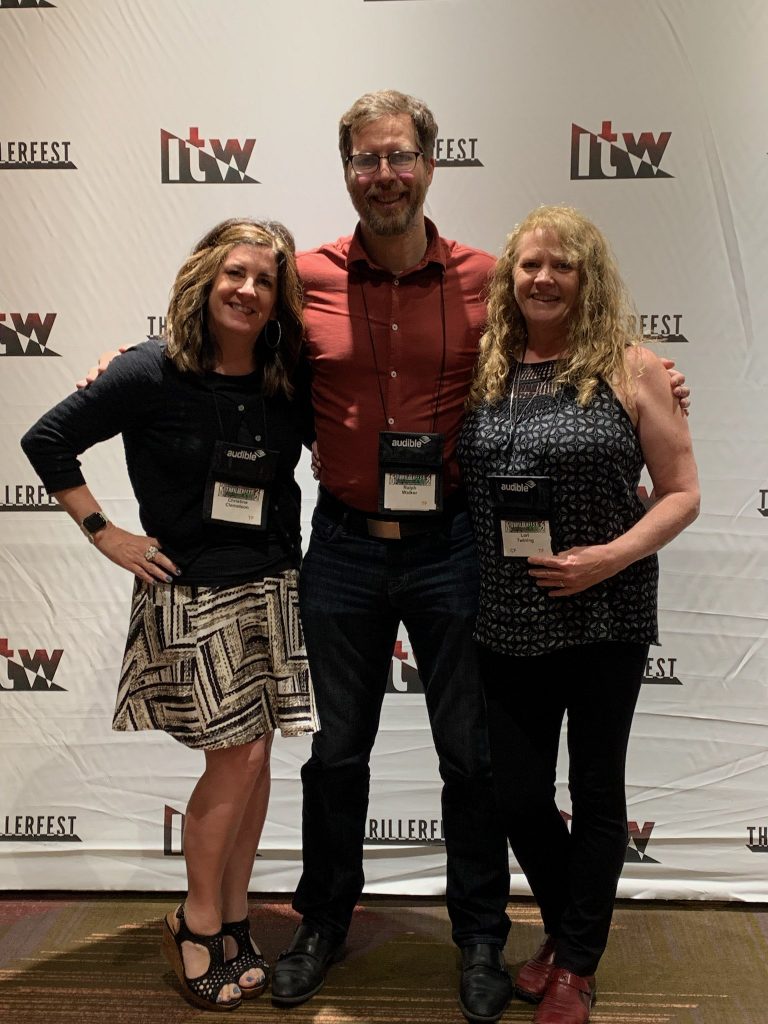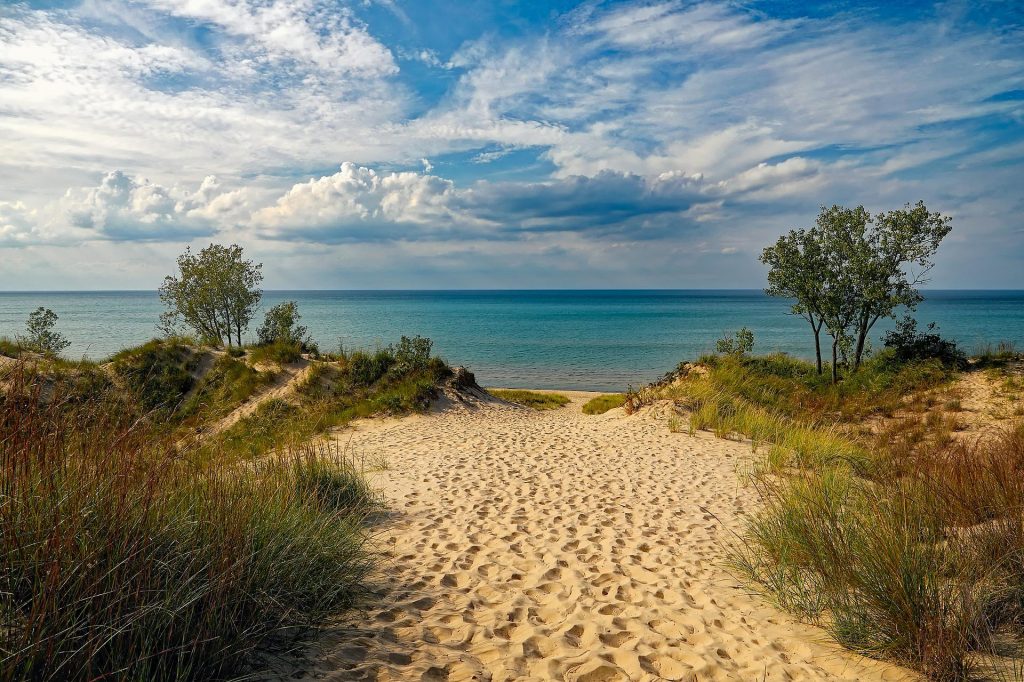
As a novel writer, I move at a tortoise’s pace, working over my words with a fine tooth comb, re-reading to make sure everything flows as it should, reviewing beginnings and endings…you get the point, it’s never ending. As a first-time novel writer, I have the luxury of time.
But the newspaper and magazine world are all about timeliness. I’ve had a taste of this as I used to write-in to the local newspaper fairly frequently, responding to the current issues of the day. When you need speed, you lose some perfectionism, or at least you have to let some of it go. It feels antithetical to novel writing.
Read more